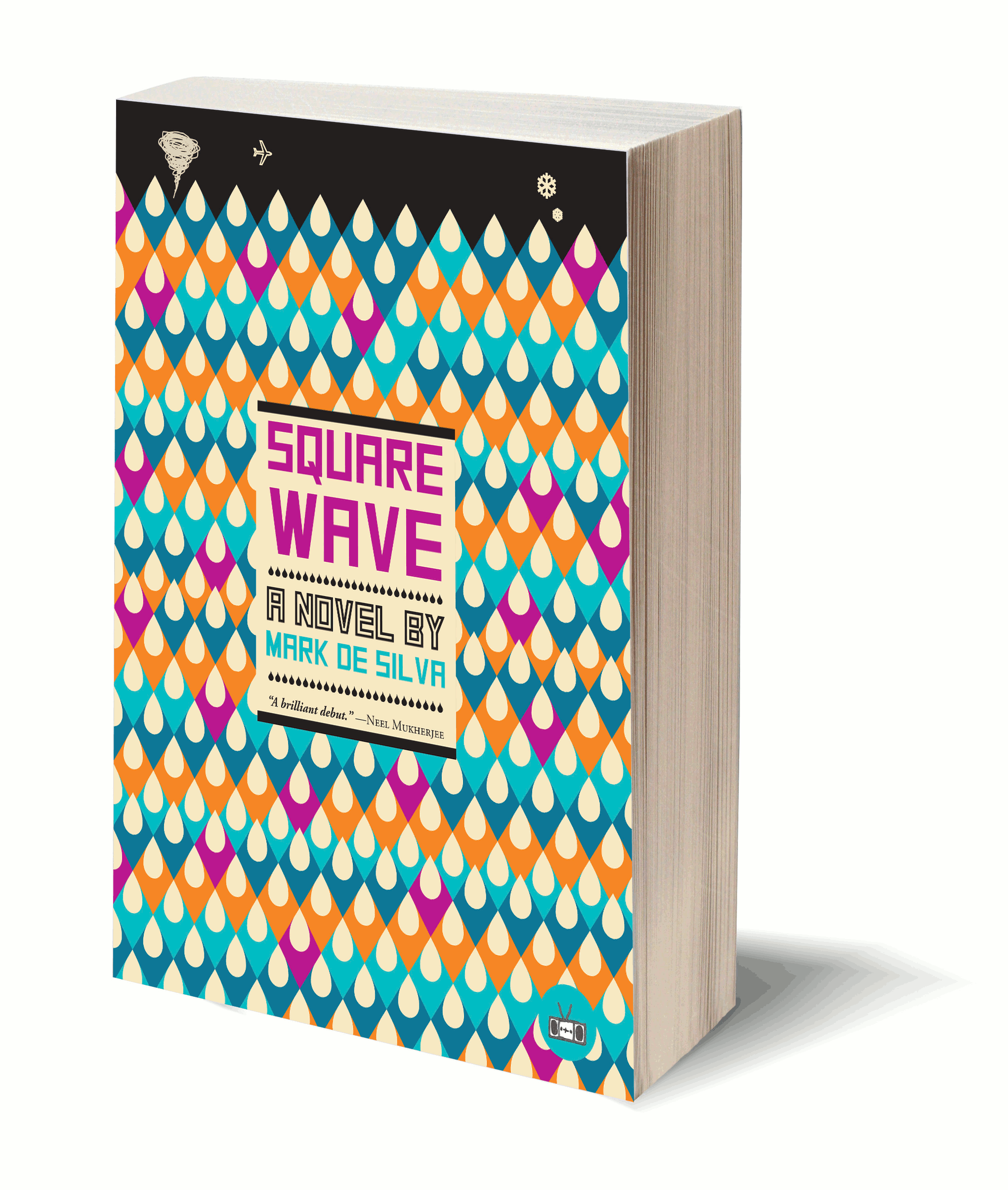At the n+1 website, Jeanne-Marie Jackson writes a nuanced and illuminating review of a dizzyingly complex and ambitious new novel, Square Wave by Mark de Silva. Exploring the colonial history of Sri Lanka, microtonal music, and modern American urban dissolution, Square Wave uses the form of the novel to engage in a kind of wide-ranging philosophy that is rarely seen in conventional academic texts. Here’s an excerpt from Jackson’s review:
If this all seems rather chaotic, that’s because it is: there are character links between plotlines and sections (the microtonal music theorist, for example, is Stagg’s girlfriend’s friend from high school), but they are not points of interest in their own right. Nor do the subdivisions stop there. The sections set in Sri Lanka also alternate between multiple imperial perspectives (the English and the Dutch), as well as that of an indigenous Sinhalese monk who contemplates the criteria by which political events are admitted into the island’s official history. Unlike other “philosophical novels” that are unified by a single idiosyncratic persona—David Markson’s Wittgenstein’s Mistress and Sergio De La Pava’s A Naked Singularity might be generative comparisons—Square Wave is consistently alienating. There is no unifying through-line of voice; only of concept.
To speak of a “plot” in any traditional sense would be to greatly oversell Square Wave’s mass marketability. (This will hardly count as a problem for De Silva, who once published an essay in 3:AM on the merits of “putdownable prose.”) A better way of describing the book’s nearly 400 pages is as a chronicle of intersecting fields of innovation, in which things might “happen,” sure, but only to point back toward the structures being analogized. When Stagg discovers the hurt prostitute in a vacant lot, it does not set in motion a relationship between the two characters that can then come to some kind of psychological or social fruition. They do interact a few more times, but their conversations would carry much the same weight even were they devoid of context.
The take-away is rather that the prostitute, named Jen, embodies the dark side of a democracy that has lost its capacity to effect humanity’s elevation: she’s left college and chosen this path of self-debasement. This meeting in turn prompts De Silva and Stagg’s meditations on the nature of democracy in its populist versus non-representative forms, neither of which satisfies. Jen’s life and the elitist goals of The Wintry then look like two sides of the same political coin. Similarly, the atmospheric physicist is involved in a collaborative plan between the US and India to manipulate storm systems across the world, which might alternately serve humanistic or weaponistic aims. Square Wave presents morally ambivalent systems without any clear evaluative standard: redemption looks like apocalypse depending on your point of entry, and there are many.
